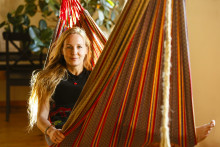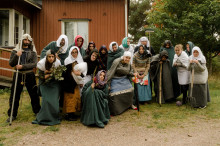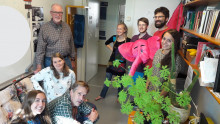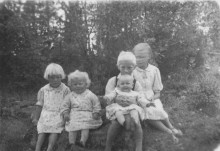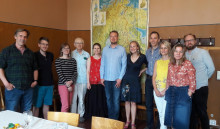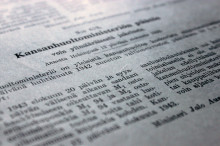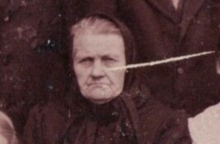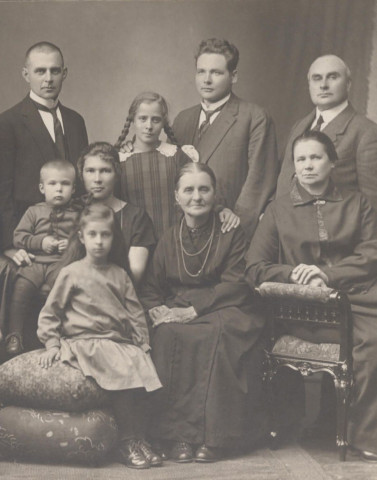
Offspring fertility and grandchild survival enhanced by maternal grandmothers in a pre-industrial human society
Scientific Reports volume 11, Article number: 3652 (2021)
Abstract
Help is directed towards kin in many cooperative species, but its nature and intensity can vary by context. Humans are one of few species in which grandmothers invest in grandchildren, and this may have served as an important driver of our unusual life history. But helping behaviour is hardly uniform, and insight into the importance of grandmothering in human evolution depends on understanding the contextual expression of helping benefits. Here, we use an eighteenth-nineteenth century pre-industrial genealogical dataset from Finland to investigate whether maternal or paternal grandmother presence (lineage relative to focal individuals) differentially affects two key fitness outcomes of descendants: fertility and survival. We found grandmother presence shortened spacing between births, particularly at younger mother ages and earlier birth orders. Maternal grandmother presence increased the likelihood of focal grandchild survival, regardless of whether grandmothers had grandchildren only through daughters, sons, or both. In contrast, paternal grandmother presence was not associated with descendants’ fertility or survival. We discuss these results in terms of current hypotheses for lineage differences in helping outcomes.

